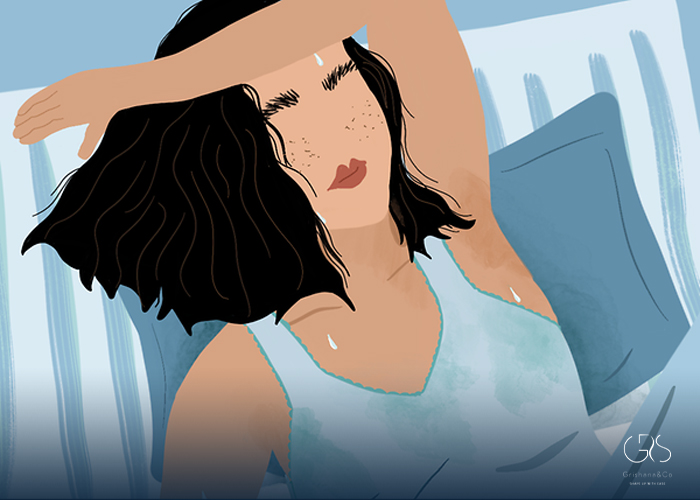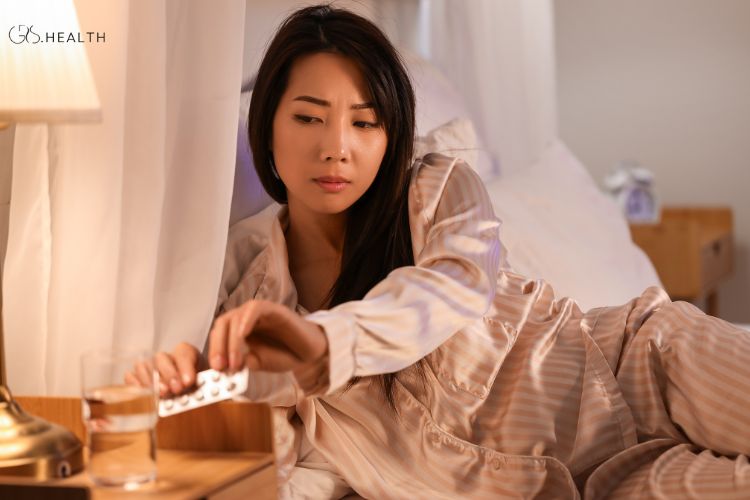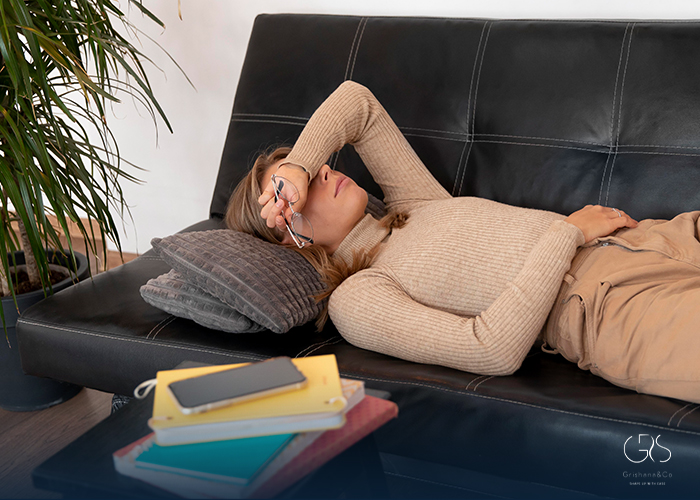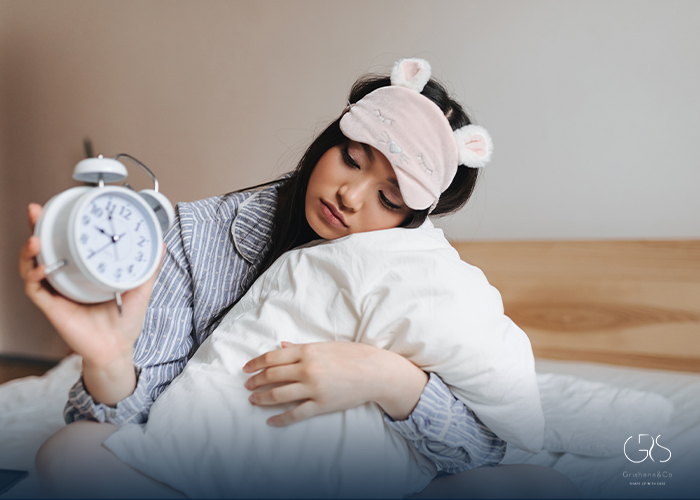Night sweats, also known as nocturnal hyperhidrosis, can be a frustrating and disruptive condition that affects many people. Waking up drenched in sweat can cause discomfort and disturb our sleep, impacting our overall well-being. By understanding the causes and exploring management strategies, we can effectively deal with night sweats and improve our sleep quality.
The Prevalence of Night Sweats
Night sweats are not uncommon, affecting a significant portion of the population. According to a study published in the Journal of Clinical Sleep Medicine, approximately 41% of Americans reported experiencing night sweats at some point in their lives. This statistic highlights the widespread prevalence of the condition and the need for attention and support.
Factors Contributing to Night Sweats
Various factors can contribute to night sweats, and it’s essential to consider the diverse perspectives surrounding this issue. Here are some common causes:
Medical Conditions: Certain medical conditions can trigger night sweats. Menopause is a significant cause of night sweats in women. In fact, a study published in the Journal of Clinical Endocrinology & Metabolism found that around 80% of women experience hot flashes and night sweats during menopause. Other medical conditions, such as infections, hormone disorders, and cancer, can also lead to excessive sweating during sleep.
Medications: Certain medications, such as antidepressants, hormone treatments, and medications for fever and pain, can cause night sweats as a side effect.
Psychological Factors: Stress, anxiety, and other psychological factors can contribute to night sweats. The National Sleep Foundation suggests that increased arousal levels caused by these factors can lead to excessive sweating during sleep.
Lifestyle Choices: Certain lifestyle habits, such as consuming spicy foods, alcohol, or caffeine close to bedtime, can increase body temperature and trigger night sweats.
Managing Night Sweats
Managing night sweats involves addressing the underlying causes and making lifestyle modifications. Here are some strategies that may help:
Consult a Healthcare Professional: If night sweats are persistent, severe, or interfering with your daily life, it’s important to seek medical advice. A healthcare professional can evaluate your symptoms, identify any underlying medical conditions, and develop an appropriate treatment plan.

Create a Sleep-Friendly Environment: Ensure your bedroom is cool, well-ventilated, and comfortable. Consider using moisture-wicking bedding and sleepwear to help manage night sweats.
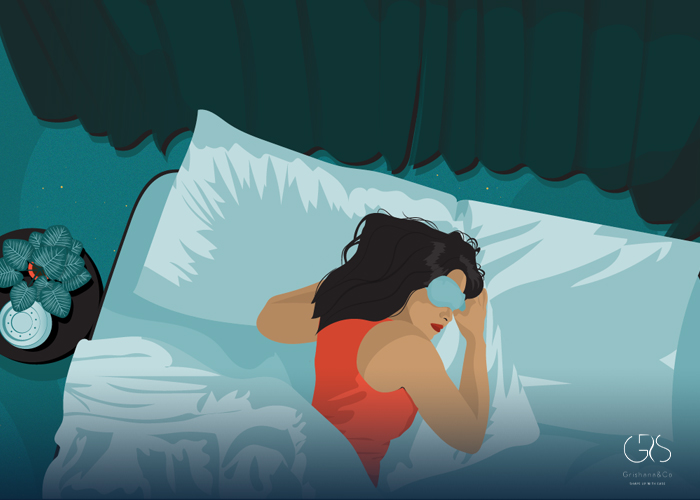
Practice Stress Management: Engaging in relaxation techniques, such as deep breathing exercises, meditation, or yoga, can help reduce stress levels and potentially alleviate night sweats caused by psychological factors.
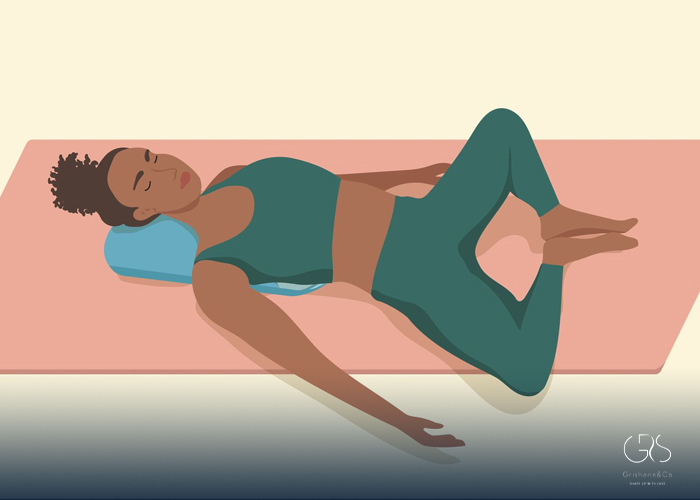
Monitor Your Diet: Avoid consuming spicy foods, alcohol, and caffeine close to bedtime, as these can contribute to increased body temperature and sweating during sleep.

Consider Supportive Products: Some individuals find relief by using cooling pillows, sheets, or mattress toppers designed to regulate body temperature and manage night sweats.
Remember, what works for one person may not work for another. It’s crucial to find a personalized approach that suits your individual needs and consult with healthcare professionals for expert guidance.
Conclusion
Night sweats can significantly impact our sleep quality and overall well-being. By understanding the potential causes and seeking appropriate management strategies, we can effectively deal with this condition. Seeking support from healthcare professionals and exploring lifestyle modifications can help alleviate night sweats and lead to improved sleep.
Sources
- Mayo Clinic, Night sweats: Causes
- WebMD, Night Sweats: Causes, Symptoms, and Treatments
- National Sleep Foundation, Stress and Sleep
- National Library of Medicine, The Frequency of Hot Flushes and Associated Symptoms in Perimenopausal Women


